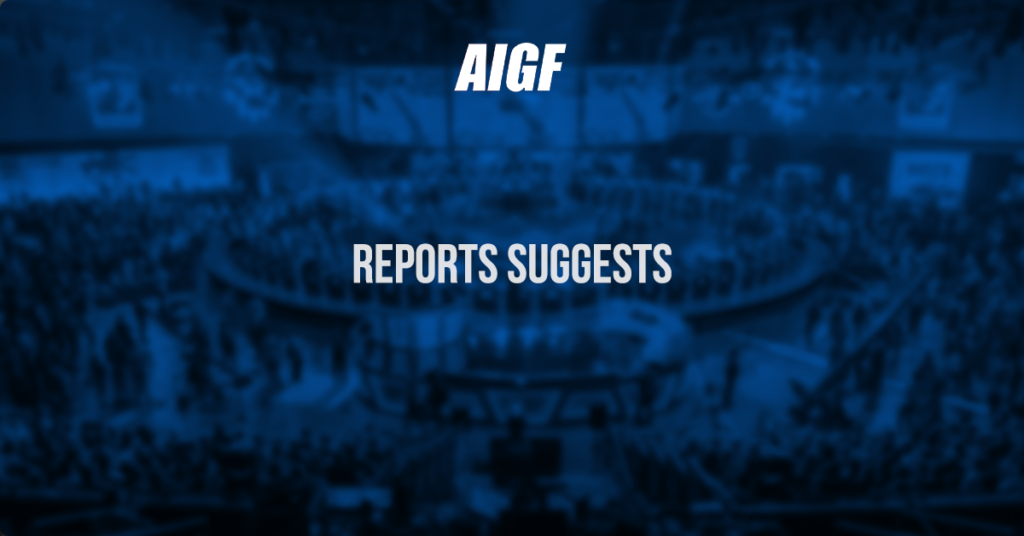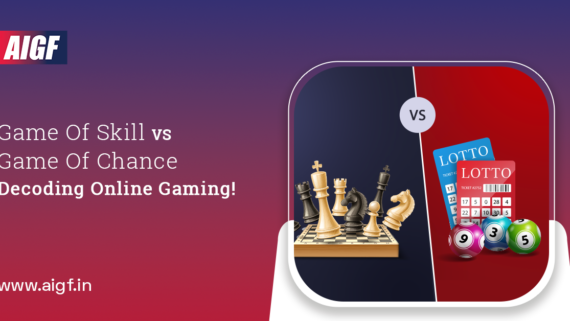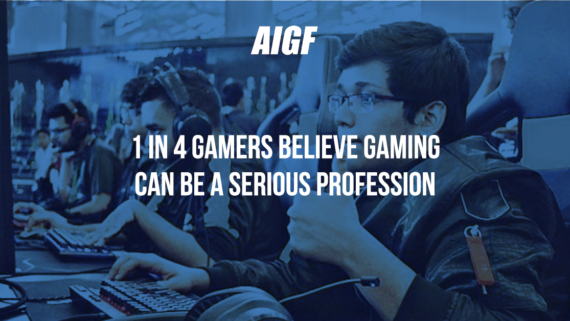The industry body noticed that in situations where the gaming organizations’ income model incorporates a membership charge, in-game revenues, and more, GST ought to be relevant on just the among those obtained by the platform. They have likewise suggested that skill dominating games ought to be charged at 18% on the platform fee, as higher tax rates can affect the industry’s development.
‘GST Should Only Be Applied On Platform Fee Of Skill-Based Games’
Indiatech.org, an industry body representing tech start-ups has prescribed to the GoM (board of State ministers) established by the GST committee that GST ought to just be applied on the platform fee charged by online skill-based games and not concerning the all-out prize pool money.
In real-money games, players need to pay an entry fee to join a gaming competition and the aggregate sum gathered in this cycle is known as the prize pool money. This pooled sum is subsequently distributed among the players as prize money and the organization procures a rate (4-20 percent) on this sum as a platform fee.
Various organizations have various models of holding the prize pool money. At times, the sum is obtained and held by an outsider for the benefit of the players, and afterward, this outsider distributes the sum to winners according to the guidelines of the game. In different cases, the outsider included is really a financial service provider like a bank or digital wallet which works with the exchanges and charges a commission for it. “It is relevant to note that the technology platform owner has no right, title, or interest over the prize pool sum,” Indiatech said.
This differentiation is basic because in the cases of lottery, betting, gambling, and horse racing, “100% of the face value of the bet or sum paid into the totalisator” is considered for GST.
Appropriate explanation ought to be given that Rule 31A isn’t expected to cover games of skill and thus isn’t relevant to any type of online gaming where there is a prevalence of skill over chance (accordingly covering the online fantasy sports just as online skill-based casual games and sports),” the industry body added.
Further, the industry body noticed that in situations where the gaming organizations’ income model incorporates a membership charge, in-game revenues, and more, GST ought to be relevant on just the among those obtained by the platform. They have likewise suggested that skill dominating games ought to be charged at 18% on the platform fee, as higher tax rates can affect the industry’s development.
In August, the All India Gaming Federation(AIGF) and counseling firm EY likewise published their proposals on the GST rate for online gaming in a report named ‘Online Gaming in India – The GST Conundrum’.
Like Indiatech, this joint report had also proposed that GST on the online gaming sector should be 18%. The report had likewise looked for clarity that the main platform fee will be considered for imposing GST on online gaming platforms. “While most industry players have a platform fee, in the scope of 4% to 20 percent, any attempt to levy GST on the whole stake worth will prompt unviability of the business plan and would compel a conclusion of organizations,” the joint report noted.
Credits: BusinessLine











Comments
Comments are closed.